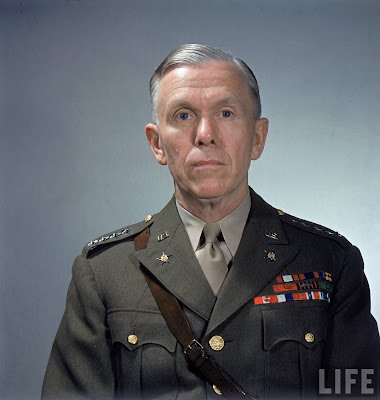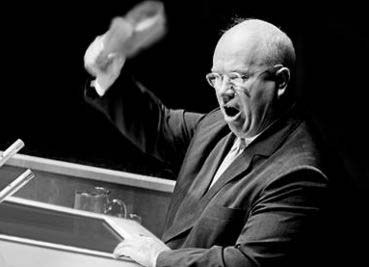Funkyterrance wrote:Tough choice between Franklin Roosevelt and Elizabeth II, both I'm sure would be excellent conversationalists. Stalin if I could pee in his drink while he was using the facilities.
But Stalin would be a great drinking buddy. Apparently he and Churchill liked to booze it up into the early morning.
http://ww2history.com/key_moments/Eastern/Churchill_meets_Stalin_in_Moscow wrote:Reluctantly convinced by Clark Kerr, Churchill agreed to attend a final meeting with Stalin that night. The formal part of the encounter went as badly as before, with Stalin once again insisting that the British had ‘promised’ to launch a second front during 1942, and Churchill once again insisting they hadn’t. But, after this dispiriting encounter, Stalin asked Churchill to dine with him in his private apartments.
Churchill seized on the invitation and the two of them ate and drank long into the night, later joined by Molotov. At last, Churchill felt he had made a personal breakthrough. The Soviet leader laughed and joked (even if in the process he revealed the ruthlessness of his regime, by openly admitting that the Communists had killed the Soviet Kulaks, the rich peasants). But still, thought Churchill, Stalin had at last allowed a glimpse into the more intimate side of his character.
When Churchill returned to his dacha, at three o’clock in the morning, he was, according to Clark Kerr, in ‘triumphant mood’. He lay on a sofa and announced that he had ‘cemented a friendship’ with Stalin, and that it was a ‘pleasure’ to work with ‘that great man’.vi
It was one of the most incredible turn arounds in the history of diplomacy. Churchill had left his dacha earlier in the evening full of resentment at the Soviet leader and had returned a few hours later convinced that Stalin was a ‘great man’ with whom he could do business. But, of course, none of the substantive issues between the two leaders had been resolved. Stalin still claimed he had been betrayed by the lack of the ‘promised’ second front, and Churchill still refused to make a deal with Stalin that would allow him, after the war, to keep the territory that he had gained as a result of the Nazi/Soviet pact.































































